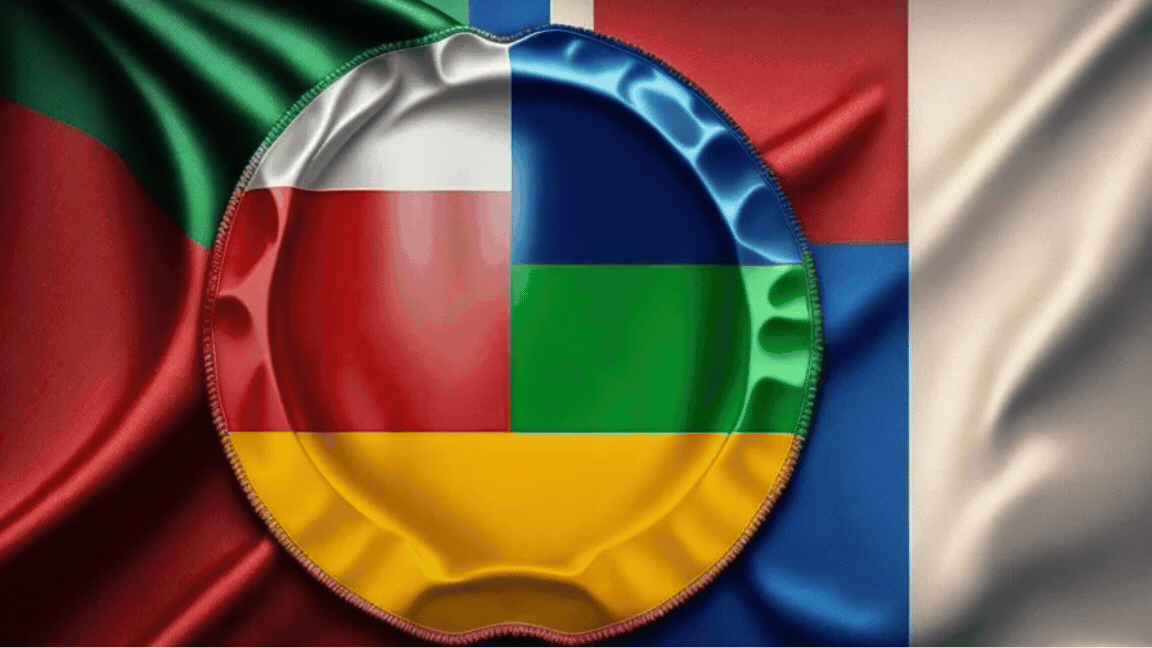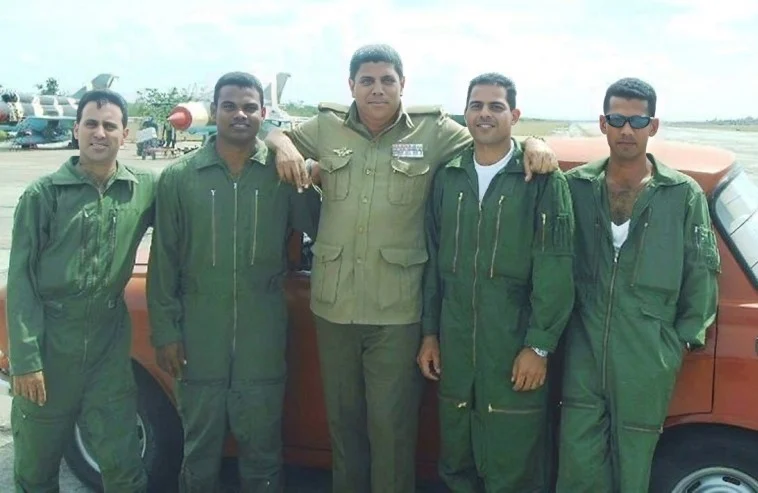
The recent arrival in the United States of Luis Raúl González-Pardo Rodríguez, a former Cuban military pilot who allegedly took part in one of the events that most strained bilateral relations in the last thirty years, has shaken the so-called “Cuban exile” hornet's nest. González-Pardo Rodríguez arrived in South Florida through a humanitarian parole program that the Biden administration enabled to benefit nationals from Cuba, Venezuela, Haiti, and Nicaragua. On February 24, 1996, Cuban military jets shot down two civilian planes linked to an anti-Castro organization, “Brothers to the Rescue” (BTTR), whose original mission was patrolling the Florida Straits for Cuban rafters in distress and alerting the US Coast Guard (one of the purposes included in its Articles of Incorporation was “[to] help promote the common good, health, safety and general welfare of those persons escaping to freedom from the communist regime of Cuba via boat, (makeshift) raft, or other seagoing craft”).
Cuban authorities have always sustained that the controversial shoot-down occurred in their air jurisdiction, although most accounts have placed the event outside of it. But where this tragic event—that took the lives of four Miami men—occurred, or the discussion on whether it was right or wrong to shoot down the civilian unarmed aircraft—that certainly did not endanger Cuban national security at that precise moment—, are not the only important issues here, but also to observe first why they were targeted by the Cuban MIG's piloted, among others, by González-Pardo Rodríguez. Some 15 years ago a CBS team dug into sensitive documents on the case, showing that the Cuban government responsibly warned Washington that by the end of 1994, it was reaching its limit in dealing with BTTR operations.
 Luis Raul González-Pardo Rodríguez is the officer at the center of this image (source).
Luis Raul González-Pardo Rodríguez is the officer at the center of this image (source).By then, the flights were no longer limited to mere air patrols in search of rafters needing help—usually victims of shipwrecks—, but included irresponsible violation of Cuban airspace, flying over the capital itself, and dropping leaflets against the political system and inciting dissidence. Frustration and anger over the brazen incursions were growing in Havana, and the White House and other U.S. government divisions, including the air authority, were aware of this. “It was a game being played [by BTTR]. Unfortunately, a very dangerous game that cost four people their lives,” said years later a then-senior official in the Clinton administration, who did not take Castro's (and internal) warnings seriously.
So, González-Pardo Rodríguez is alleged to have been one of the pilots who chased José Basulto, the BTTR leader who was flying a third Cessna that suspiciously was not shot down that day. As a result, the exile demands an investigation into how he obtained his visa and ultimately his expulsion from the country. What Basulto and opponents of the Cuban Revolution will never admit is that he lightly thought that provoking Havana by penetrating the heart of the city was a sin he could commit whenever he wanted. Between May 1994 and January 1996, at least nine violations of Cuban airspace by BTTR were reported, although another official Cuban balance sheet speaks of more than 25. He went so far as to say that on February 24, 1996, something they had long feared happened.
The quick regional roundup
Former President Evo Morales continues to lead a powerful march that seeks to reach La Paz next Monday, according to them, to demand answers from the Government to the tense economic situation the country is going through. President Arce claims that Morales is pressuring the judicial and electoral authorities to accept his candidacy.
Although X said that it was involuntary that its services became available again in Brazil, after a mysterious change in the routing of its servers, the controversial judge Alexandre de Moraes ordered to fine the combo of X and Starlink, both related to Elon Musk, with more than 900,000 dollars per day as long as X remains available in the South American giant.
The prosecutor's office of the state of Quintana Roo in Mexico confirmed the discovery of a clandestine crematorium, previously made by citizen collectives that are independently dedicated—many times more than the authorities themselves—to searching for their missing relatives. “There are human remains (...) we have to genetically analyze those remains,” a prosecutor told the press.
Two prisoners were killed and six others were injured during an escape attempt by some 70 inmates in Honduras' main prison, military authorities reported. “The prisoners tried to break through the security rings, and in the process, the troops fired warning shots, resulting in some injuries and two deaths,” the police spokesman told reporters.
And this is all for our report today. I have referenced the sources dynamically in the text, and remember you can learn how and where to follow the LATAM trail news by reading my work here. Have a nice day.

